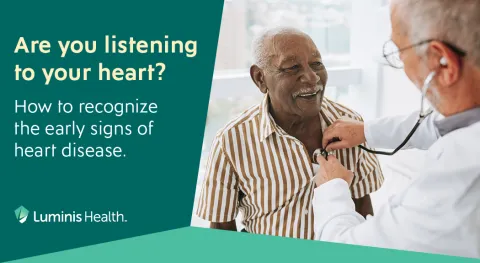Heart valve disease treatments
You might not need any treatment. But if you do, we can manage your arrhythmia in different ways. Treatment depends on the type of valve disease you have, what's causing it and how severe it is.
Surgical treatments for heart valve disease
Our heart surgeons have expertise with various surgical treatments to repair or replace heart valves. Surgery can prevent more severe damage, but whether you need it depends on your age, health and your type of valve disease.
Some heart valve diseases require surgery to repair or replace valves. We use minimally invasive techniques when we can. These procedures use very small incisions to repair or replace valves.
The advantages of such techniques include:
- Less pain.
- Lower risk of infection.
- Shorter hospital stays.
- Faster recovery.
Our heart surgeons can often repair a blocked valve with a minimally invasive balloon valvuloplasty technique. In this procedure, we insert a thin catheter tube into a blood vessel and threads it to your faulty valve. Then, we inflate a small balloon on the tip of the catheter to open the valve.
Medical treatments for heart valve disease
There aren't any medicines that cure heart valve disease, but some can treat underlying conditions and keep your heart valve disease from worsening. Your doctor might prescribe medication to:
- Lower your blood pressure or cholesterol, if it's high.
- Widen and relax your blood vessels, so blood moves through more easily.
- Slow down or regulate your heartbeat.
- Thin your blood and prevent blood clots.



